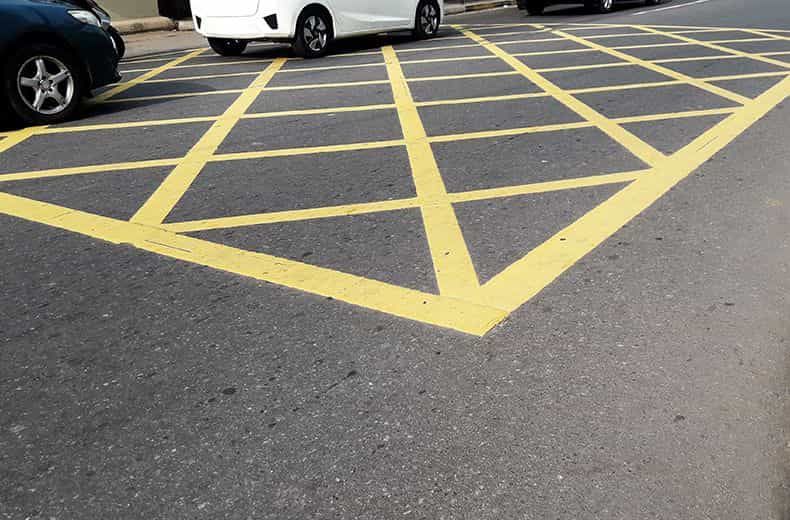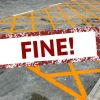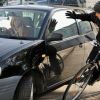Transport Secretary Grant Shapps looks set to hand all local councils legislative powers to crack down on ‘moving traffic violations’ – currently only available to London and Cardiff.
While accepting the move broadly makes sense, the RAC remains concerned some councils could use their new powers as a cash cow.
Nicholas Lyes, head of roads policy at the RAC said: “Local authorities know where congestion might require some form of enforcement, particularly in the case of box junctions, so it stands to reason they should be able to improve this through the use of enforcement.
“However, we remain concerned that cash-strapped authorities may see this as an opportunity to extract more revenue from drivers.”
Read more: RAC calls on Government to update guidance on yellow box junctions
RAC legal expenses cover for just £15
Legal Care Plus is the RAC’s motor legal expenses insurance policy that is there to provide the cover you’ll need if you’re involved in a car accident that wasn’t your fault.


Under the Traffic Management Act 2004, councils must apply for powers to tackle parking, bus lane contraventions and moving traffic violations. Many have taken measures to enforce parking and bus lane contraventions, but not moving traffic violations.
Members of the committee had raised concerns that police officers are too busy policing minor offences to deal with more serious crimes.
Mr Shapps said: “I have been looking at powers outside of London provided to local areas to do some of these things, and think that I’ll shortly be making an announcement.”
Transport for London has been penalising drivers for stopping in yellow box junctions for 15 years. In the 2017/18 financial year alone, it issued £16 million in fines.
In many cases drivers claim stopping was unavoidable – either because of traffic light sequencing, or because of drivers ahead of them blocking their path.
Drivers are allowed to wait in a box junction to turn right, providing their exit road is clear.
Nicholas Lyes added: “Should powers be extended to cover all moving traffic offences, local authorities must use this as an opportunity to improve traffic flow and safety, and not as a way to generate more revenue.”
Copyright Press Association 2019. Motoring News articles do not reflect the RAC's views unless clearly stated.
Is it illegal to drive without shoes?
Get the answer and more useful driving content sent straight to your inbox.








